The causes of waking up at night
There are so many disorders, diseases and conditions that can affect waking up during the night, so it is often very difficult to determine what the primary cause is and it is certainly a major hurdle. But you have to be persistent until you find out what is the cause. Because it doesn’t always have to be some medical condition, maybe you live in a noisy environment or drink coffee in the evening. We have singled out all the most common causes of waking up at night, to make it easier for you to figure out what your problem is.

Breathing issues
The most common sleep-related breathing problem is sleep apnea, so we will talk about this disorder in a separate paragraph, while we will now mention some other common breathing problems. It is clear that you cannot fall asleep and maintain sleep if you have problems performing the basic function – breathing. Breathing problems can be the result of some relatively harmless diseases, such as the flu or cold. Other acute problems are bronchitis and pneumonia, which can be the result of COVID-19, so you should consult a doctor. Then the situation will return to normal as soon as you recover.
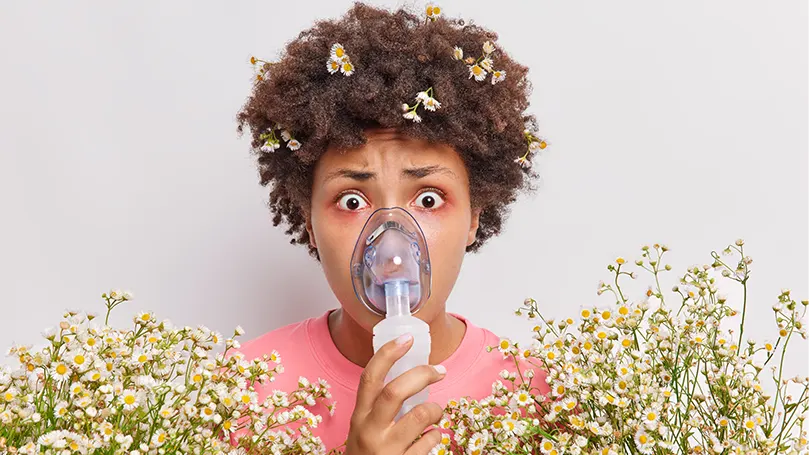
There are also chronic diseases that affect breathing problems such as asthma, chronic obstructive pulmonary disease (COPD) and allergies. The heart should also be checked because shortness of breath often has nothing to do with the lungs but with various heart diseases. Anemia, inhalation injury and pulmonary embolism may be the culprits for breathing problems, but also anxiety and panic attacks can be the ones to blame.
Pain issues
It is impossible to mention all the types of physical pain that can keep you awake at night. All types of arthritis and rheumatoid arthritis, which is an autoimmune disorder, can cause constant pain that cannot be ignored. Any other autoimmune disease, such as sickle cell anemia, can cause so-called pain crises, periodic episodes of pain.

Serious diseases such as cancer are known to cause unbearable pain at times. Pain can also be the result of completely harmless things like migraine, muscle strain or some other injury to the musculoskeletal system. Whether you will treat pain issues with pain killers only or with some other treatments, depends on your MD.
Medications
Medications in most cases help to eliminate or reduce pain, either by treating an underlying medical condition or by relieving pain, but there are other cases. Many people have been using medications for years that can actually cause pain.

Some medications, even those available without a prescription, can worsen headaches, cause stomach pain and other things. Medicines that contain caffeine after long-term use no longer help with headaches but make the situation even worse. Non-steroidal anti-inflammatory medications are available over-the-counter too and can be harmful to the stomach and heart. Also, there are at least 10 types of medications like psychostimulants, anticonvulsants, steroids that can cause insomnia.
Hormones
Have you ever heard of circadian rhythm? Circadian rhythm is a common name for all natural processes that take place in our body primarily as a result of shifting light and dark. It is characteristic not only of humans but of all living things.
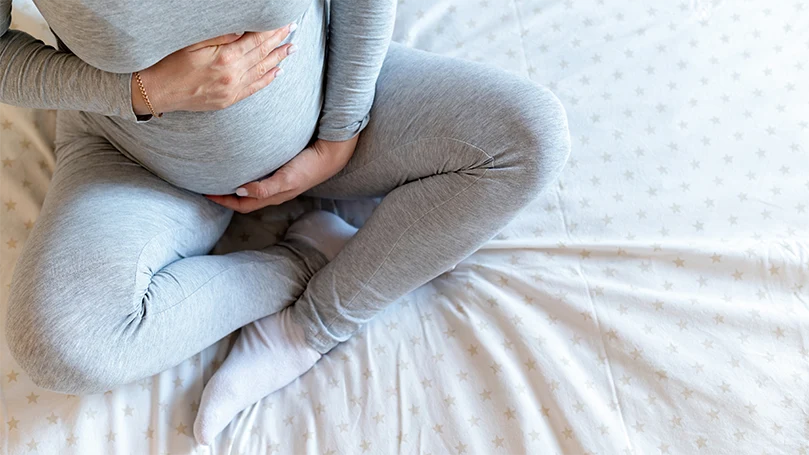
Our circadian rhythm is most influenced by different hormones that are released at different times of the day. Some of these hormones, such as melatonin, aim to calm us down and prepare us for sleep, while others are secreted to keep our energy levels at a high level throughout the day. If the circadian rhythm is disturbed, it will be very difficult for you to fall asleep and maintain sleep, and sometimes it even leads to insomnia. Pregnancy is another type of hormonal change that can affect waking up at night.
Brain & nerve problems
Various degenerative disorders of the brain and nervous system can be the cause of all sleep-related problems. Sometimes these degenerative changes directly lead to poor sleep quality.
And in some other cases, they cause pain, anxiety and other accompanying symptoms that result in insomnia. Also, acute trauma to the brain and nervous system will almost certainly impair sleep quality.
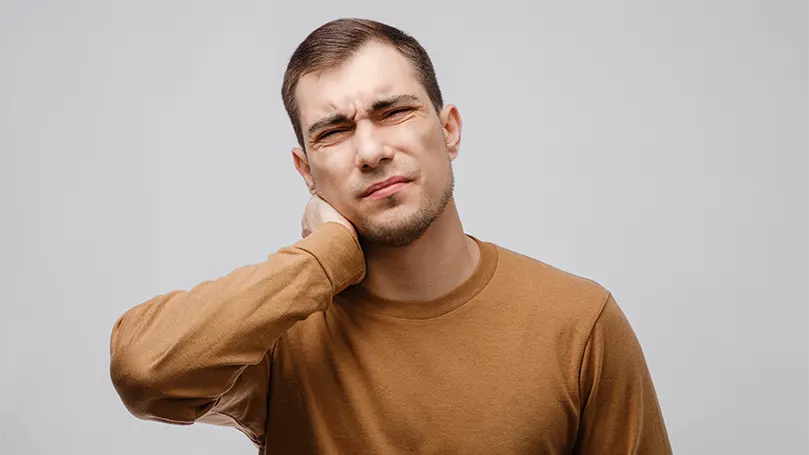
Excessive peeing
Most older people, especially men, have to get up to urinate at least once a night. This is a consequence of muscle weakness and benign enlargement of the prostate that presses on the bladder. If it happens once a night, it's not a major problem. But there are those who have to urinate 3 or more times each night, which leads to sleep being interrupted too many times.
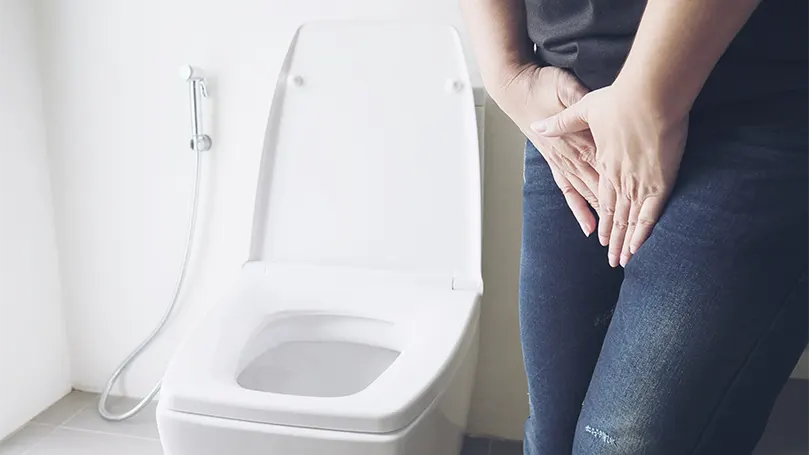
If you notice that you urinate too often at night, first consider whether you are drinking too much water or a diuretic whether as medication or a natural diuretic such as caffeine. Once you have eliminated these potential causes, you should check your prostate, bladder and anything else that may cause frequent urination. It is often something harmless that is very easy to get rid of, but it can also be very dangerous. It is normal for pregnant women to urinate more often during the night, especially in the later stages of pregnancy.
Issues with digestion
It has happened to all of us many times that we eat too much food before going to bed and then we can't sleep or have nightmares all night. If that food is full of fats, spicy and high in calories, a sleepless night is almost certain. Although this should be avoided, if it happens occasionally, it will not have a negative impact on our long-term health nor quality of our sleep.

But digestion problems can be the cause of insomnia if they are common. Bloating, increased gastric acid secretion and many other similar disorders will get worse when you lie down, especially if you sleep on your right side because of the acid reflux. Lifestyle changes, especially related to diet, are must.
Depression & anxiety
Mental illnesses are closely linked to insomnia. One of the worst symptoms of depression is that you constantly feel sleepy and without energy, and when you go to bed you can't fall asleep or sleep is very short. This is called fragmented sleep. Antidepressants can cause sleep problems too.
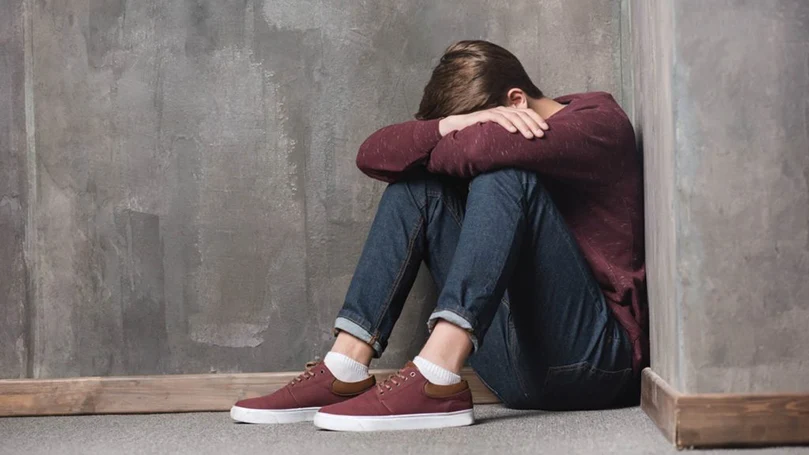
Anxiety often worsens at night, which is why the term night anxiety or night worrying is known in medicine. Anxiety often gets worse during the night because then you have even more time to think about everything that makes you anxious. Also, you feel cut off from the world because it is night and silence and you have no one to talk to.
Bipolar disorder and schizophrenia
Bipolar disorder and schizophrenia are very serious mental illnesses that have a comprehensive impact on our thoughts, feelings and behavior. They can even lead to hallucinations and delusional episodes.

Almost 4 out of 5 patients with bipolar disorder and schizophrenia are affected by insomnia and generally very poor quality of night's sleep, while experiencing daytime sleepiness. It is very hard to sleep while psychotic symptoms cause anxiety and feat. Treatment of these conditions is necessary and patient can live a quite normal life with good treatment.
Poor sleep habits
Sometimes your lifestyle is one to blame for waking up at night. If you do not have a sleep rhythm, but one day you go to bed at 4 AM and get up at 2 PM, and you plan to go to bed at 10 PM the next day to wake up for work, it is very likely that you will not fall asleep or wake up often.
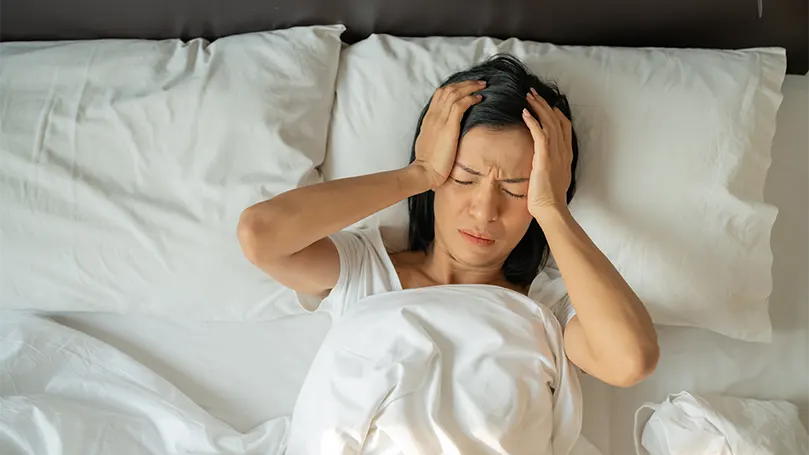
You should not use a laptop and smartphone before bed. They emit blue light which negatively affects the secretion of melatonin and causes eye strain. It is recommended that you have a soothing routine before bed, such as a warm bath, glass of milk and relaxing music.
Improper environment
Sleep environment is of utmost importance for the quality of your sleep. Just as you can't sleep comfortably at the airport, you won't be able to sleep in your bedroom if there is too much light, noise and poor ventilation.
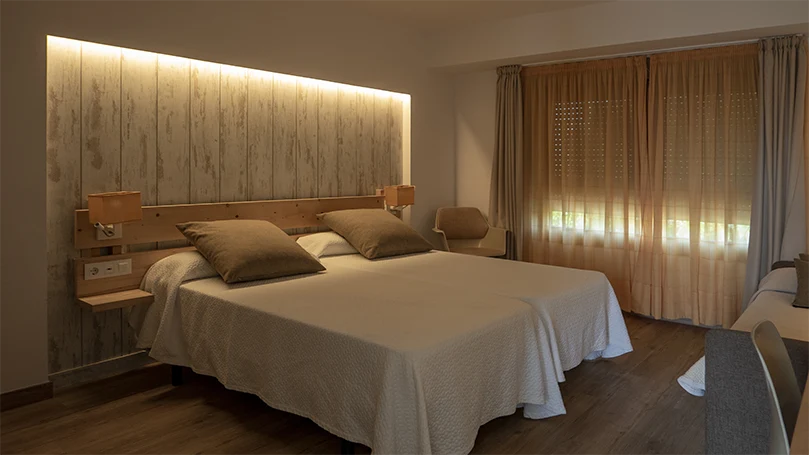
If you live on a busy street, this can be a major problem, but you can overcome it by installing sound isolation. Light is a minor problem, as blinds and curtains will make any room completely dark. Also, it is not good to smoke in the bedroom, because it impairs air quality. Do everything you can to make your sleep environment like in a 5-star hotel.
Sleep apnea
We already mentioned this condition at the beginning when we talked about breathing issues. Obstructive sleep apnea or sleep apnoea is a disorder which causes interruptions in breathing and shallow breathing during sleep. It can last from several seconds to a few minutes. The longer it lasts, the more dangerous it is for your health, because it can even damage your brain and heart.
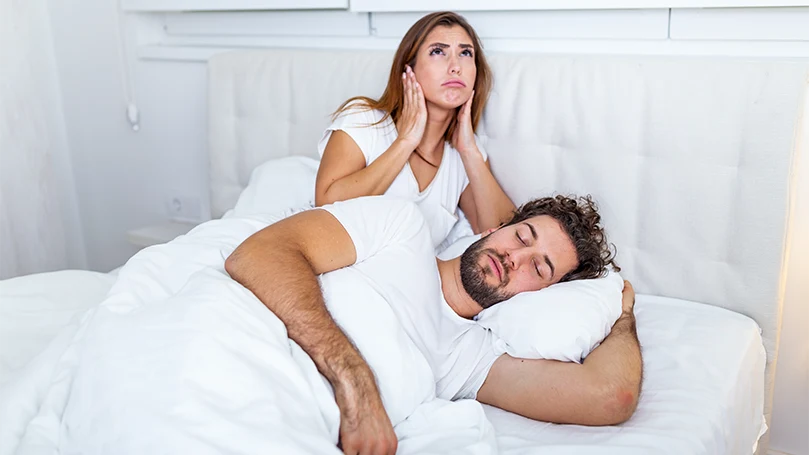
There are many causes of sleep apnea, and some of them are obesity, smoking, narrow throat, uncomfortable pillow, type 2 diabetes and Parkinson's disease. Lifestyle changes are recommended for patients, and if that doesn't help, then surgery can be performed or breathing devices such as continuous positive airway pressure (CPAP) can be used. There are two other types of sleep apnea. Central sleep apnea is a rare type of sleep apnea that is not directly related to breathing and airways, but to the brain that does not transmit signals to your breathing muscles. Complex sleep apnea syndrome is present in those patients who suffer from both types of sleep apnea.
Recommended reading:
Restless legs syndrome
Restless legs syndrome (RLS), also called Willis-Ekbom disease, is one of the most common nervous system disorders that has a direct impact on sleep. Symptoms range from very mild to severe. Treatment depends on the symptoms and the cause.
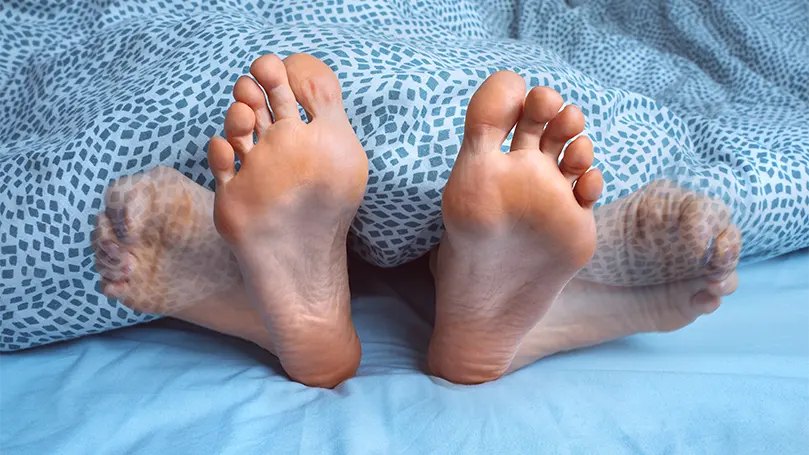
Iron deficiency, uremia, fibromyalgia, diabetes, hypothyroidism and rheumatoid arthritis are just some of the many diseases that can cause RLS. Also, things you consume like tobacco and caffeine may trigger RLS or make symptoms worse. Many who suffer from RLS do not know what triggered RLS, and then in a large number of cases genetics is one to blame. Also, almost half of people with RLS have their first symptoms at a young age. RLS can be treated with prescription drugs, physical activity and herbal medicine.
Night terrors
Sleep terrors or night terrors are manifested by screaming, fear and other similar symptoms. Sometimes sleep terrors are accompanied by sleepwalking.
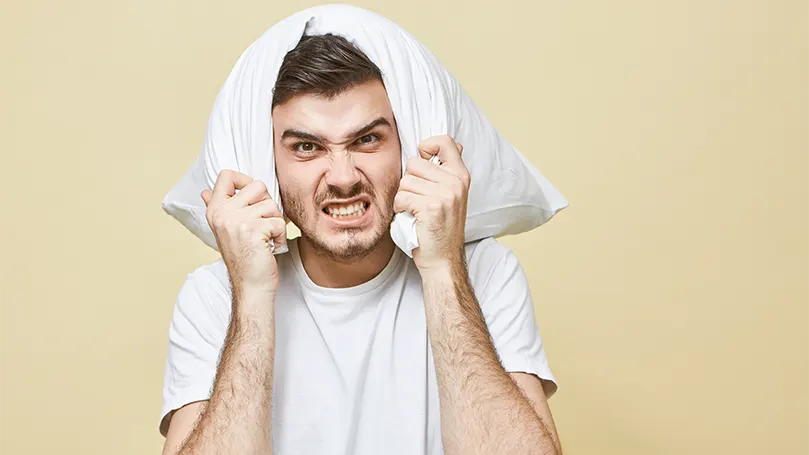
Sleep terrors are classified as parasomnia, an unusual and unwanted occurrence during sleep. Often a person suffering from night terrors is not aware of what is happening, but consequences such as tiredness after waking up are possible. Treatment is very complex because it is necessary to determine the cause, and often cause is deeply buried childhood trauma.
Insomnia
Insomnia is such a broad term, which is often used in situations where insomnia is not an accurate diagnosis. In general, insomnia is characterized by inability to fall asleep or very short sleep duration. What is insomnia for one person may not be insomnia for another. Some people need 9 or more hours of sleep every day, while others need 5 hours of sleep.
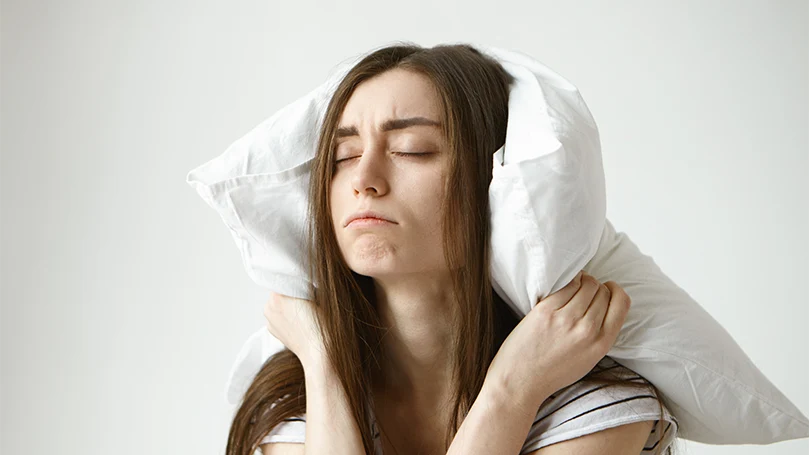
So if you wake up too early or sleep until noon, it does not automatically mean that you suffer from insomnia. See a doctor only when you feel you are not well-rested after a night's sleep. As long as you wake up well-rested, it means that everything is fine, even though your sleep rhythm may be seemingly strange.
Recommended reading:
Drugs & alcohol
Many people start consuming alcohol before going to bed because they want alcohol calm them down and make them fall asleep easier. While alcohol is a sedative, it can only be beneficial if consumed occasionally. More than 50% of those who regularly consume alcohol have problems with sleep quality, and almost 70% of alcoholics suffer from insomnia.

The situation is similar with drugs, although there are a large number of drugs so each one acts differently on our body. Drugs like marijuana can be beneficial for treating insomnia, while most other types of drugs are counterproductive and can cause multi-day insomnia.
Pregnancy
Many physical and hormonal changes occur during pregnancy, so pregnant women often have trouble sleeping. In the beginning, hormonal changes cause insomnia, and later physical changes start to bother.

As belly grows, it becomes impossible to sleep in any sleep position except on your back and this is very uncomfortable for all side and stomach sleepers. Also, belly presses on the bladder and causes the need for frequent urination. Pregnancy pillows can make life much easier for pregnant women both during the day and night. Perimenopause and menopause are two more periods in a woman's life when hormonal changes can affect the quality of a night's sleep.
Tips to sleep through the night
Whether you sleep like a baby or suffer from insomnia, the following tips will help you sleep through the night. These tips will have a positive effect not only on your sleep, but also on your overall health.
Avoid alcohol & cigarettes
Cigarettes and alcohol have so many adverse effects on your body that they should absolutely be avoided. Alcohol, especially wine, can be healthy if consumed in moderation, but cigar consumption is always harmful.
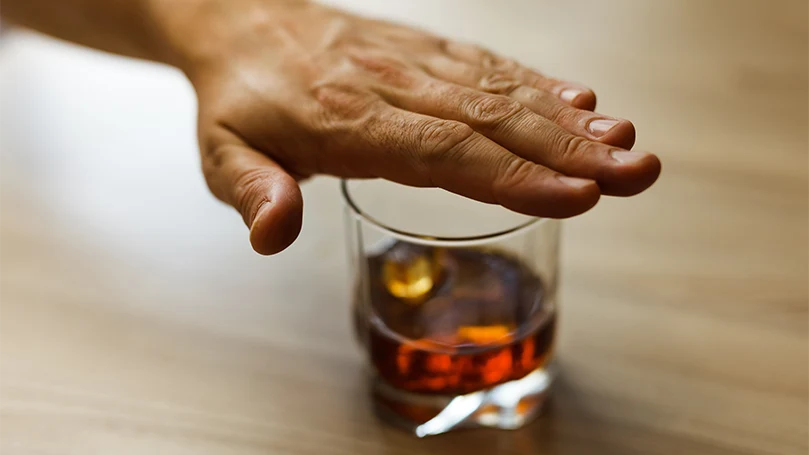
Alcohol can cause insomnia, and cigarettes will affect the deterioration of blood vessels, leading to restless leg syndrome and many other cardiovascular diseases.
Have regular exercises
Every physical activity is very healthy. If you don’t suffer from any illness, you should perform vigorous physical activity two to three hours a week for both physical and mental health.
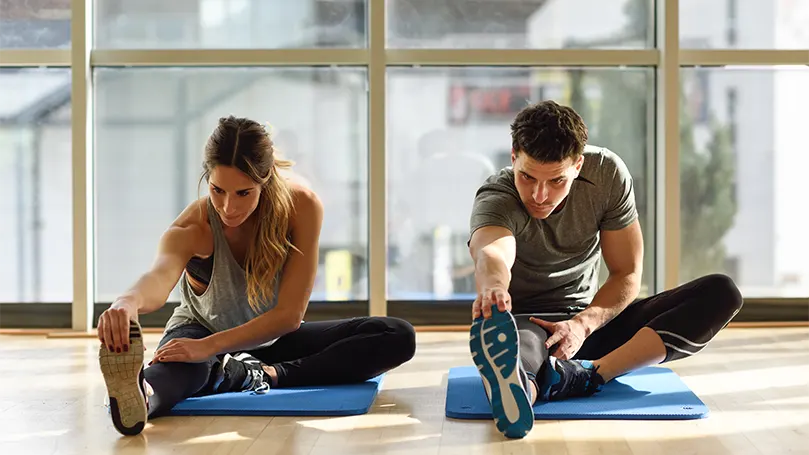
This will improve your cardiovascular system, lungs, musculoskeletal system and mental health. Before engaging in vigorous physical activity, a general medical checkup is necessary.
Stick to your regular sleep schedule
We have already mentioned the importance of a regular sleep schedule – not to mention the importance of sleep hygiene. Regular sleep schedule does not mean that you have to go to bed at the same time all 365 days a year. But at least 5 out of 7 days a week you should have a routine that will make you fall asleep easily and not wake up during the night. You will benefit from it many times over.

Avoid daytime naps
Daytime naps are very tempting, but can cause problems during the night. If you sleep for a few hours during the day, it is unlikely that you will be able to fall asleep on time. So avoid daytime naps or if you are very tired, try a power nap that should not last longer than half an hour, maximum 45 minutes. Power naps will help you get through the day without a negative effect on night's sleep.
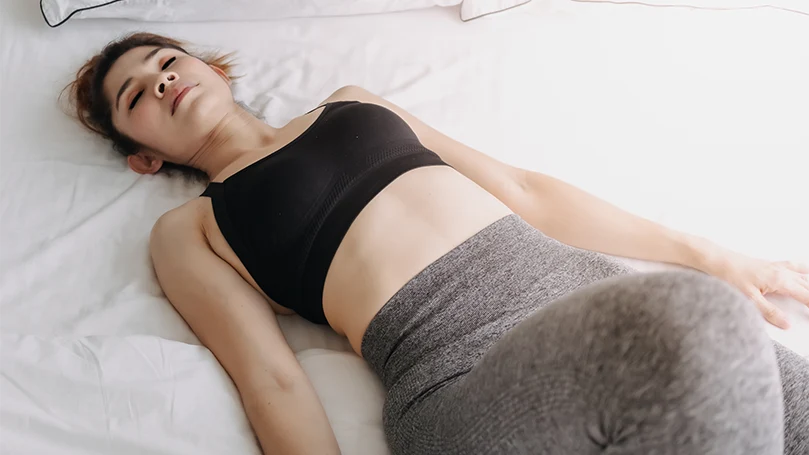
Spend time outdoors
Spending time outdoors, especially in nature, is necessary for both our body and our brain. Spend at least 15 minutes outside every day, and it's best if you can be outdoor even longer than that. This way your body will have enough time to benefit from fresh air, and your brain will set internal clock.

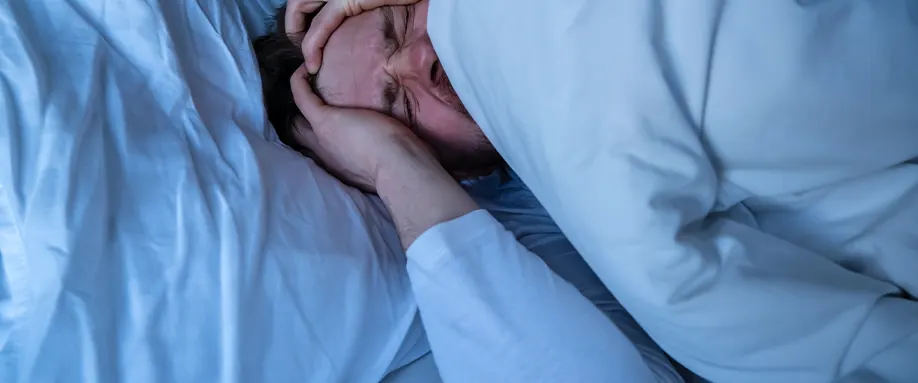
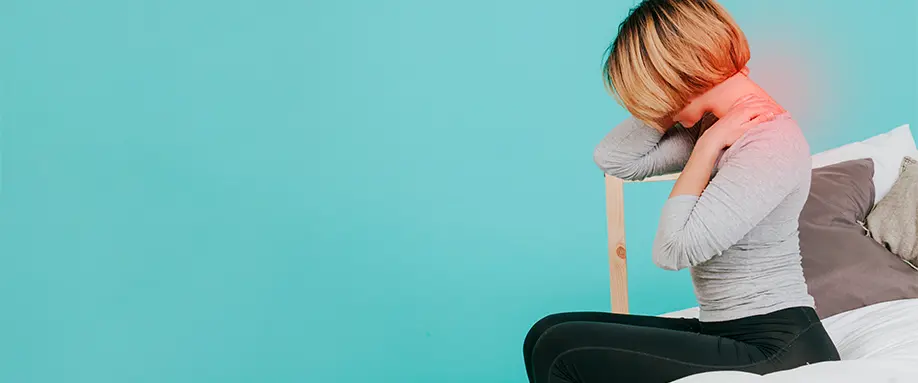
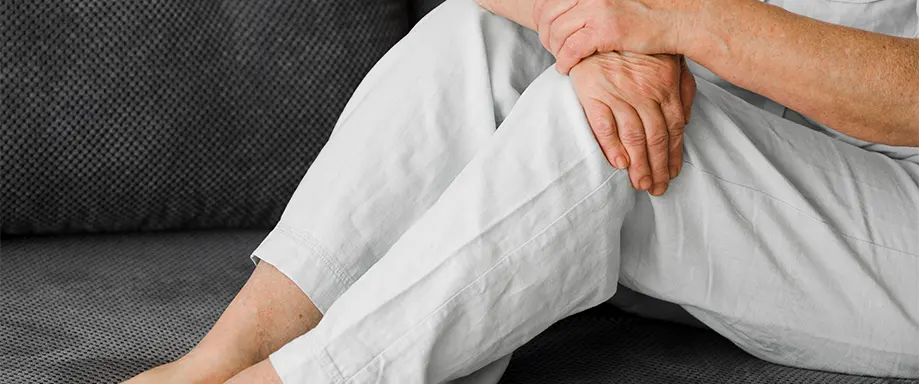











There are no comments yet
"*" indicates required fields